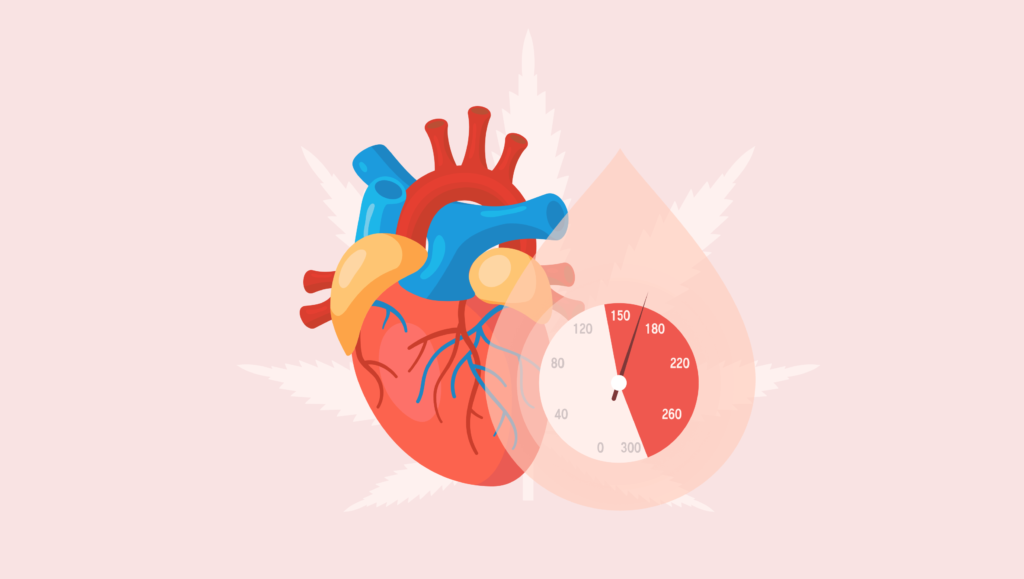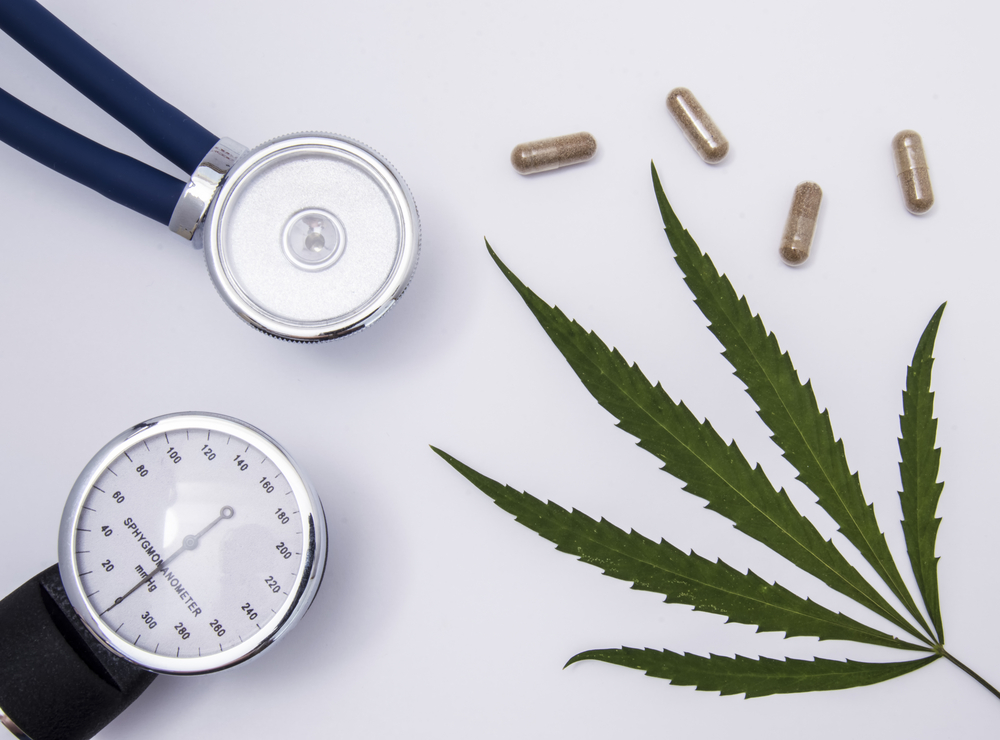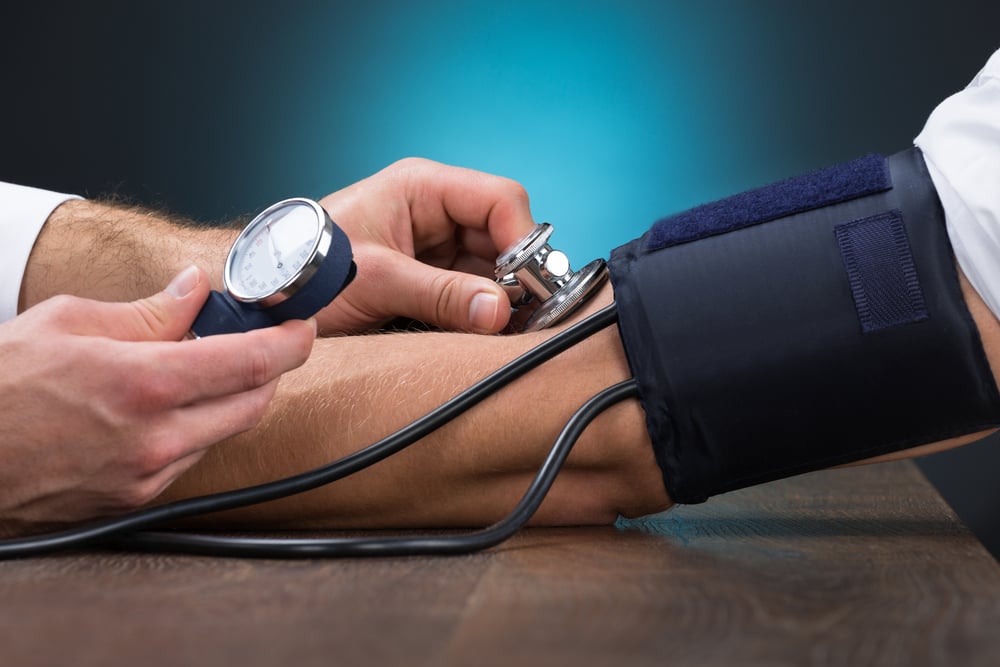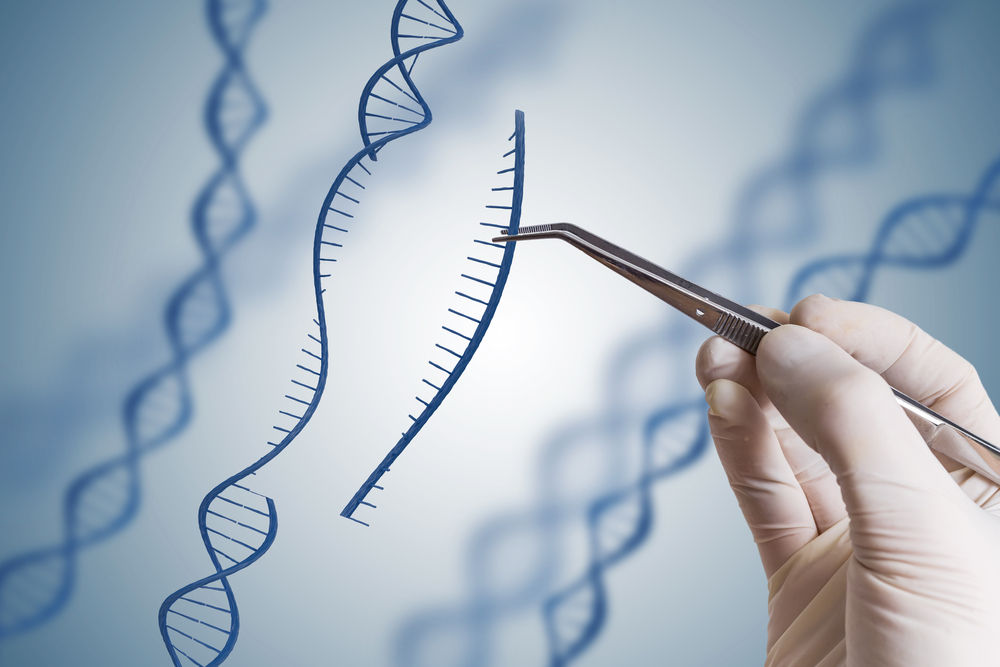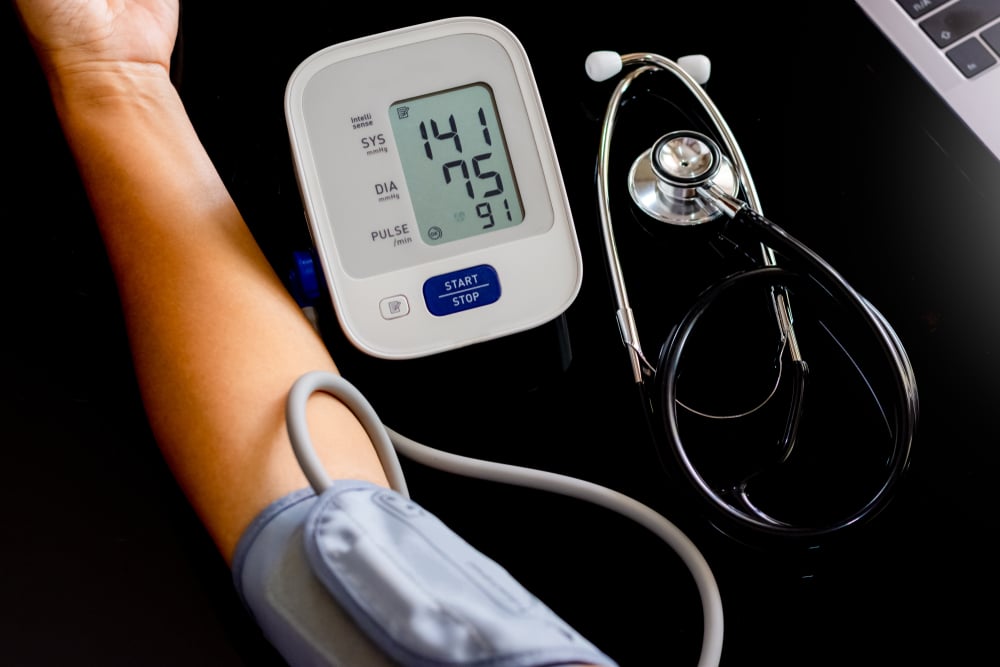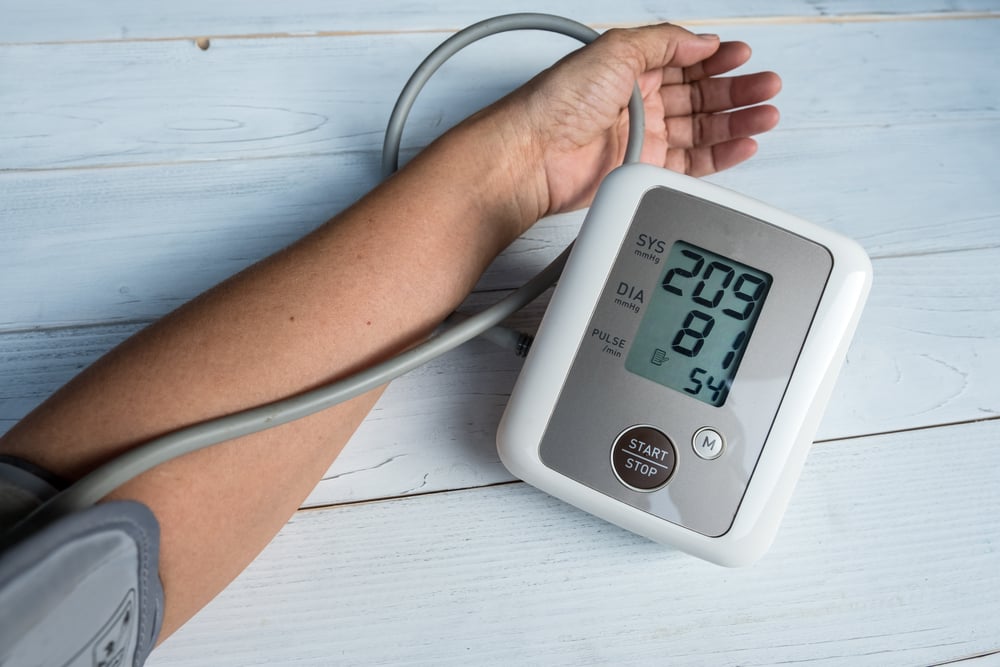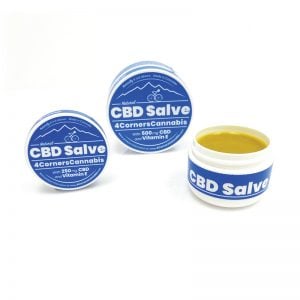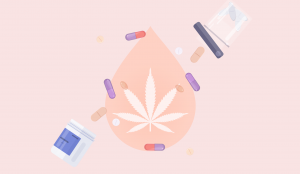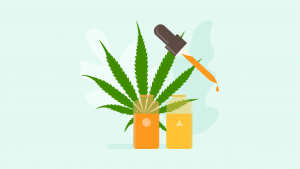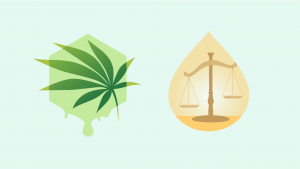Best CBD Oils For High Blood Pressure
The Benefits of CBD For High Blood Pressure
There are feedback loops throughout your body that help regulate your blood pressure — the ECS is an essential component of most of these pathways.
This may make CBD a useful therapy for conditions associated with blood pressure dysregulation.
CBD
may help regulate blood pressure in the following ways:
- Protects the arteries against inflammation & oxidative damage
- Relaxes the blood vessels
- May reduce fluid retention
- Protects against the negative effects of high blood sugar
- Alleviates stress & anxiety
- May Regulate Genes Involved With High Blood Pressure
1. Protects Against Inflammation & Oxidative Damage
The anti-inflammatory and antioxidant
activity of CBD provides many of its blood pressure-lowering benefits.
Preliminary animal studies have shown
that CBD protects blood vessels from damage due to inflammation or elevated
glucose levels that can lead to hardening of the arteries and high blood
pressure [1].
CBD does this by regulating the activity of cyclooxygenase (COX), a key enzyme in the inflammatory cascade, and the same enzyme anti-inflammatory drugs like Aspirin target as well [9]. COX also promotes the production of prostanoid compounds that signal blood vessels to dilate (widen).
2. Relaxes The Blood Vessels
In an experiment using arterial tissue
from laboratory animals, CBD caused nearly complete relaxation of the artery
[1].
A similar experiment was performed using
human arteries that were constricted prior to administering CBD, and CBD
reduced the pressure in the arteries by 40% [1, 2].
Researchers noted CBD reduced blood
pressure by activating CB1 receptors in the endothelium (membrane lining the
inside of the heart and blood vessels). This causes the release of nitric oxide
— one of the main signaling molecules that cause arteries to dilate, thus
reducing blood pressure.
It also appears that CBD could work outside of the endocannabinoid system to directly manage blood pressure in arteries by inhibiting calcium channel influx in the muscular layer of arteries [6]. When calcium enters muscles it causes the muscles to contract, so by inhibiting calcium channels, CBD promotes relaxation and dilation of blood vessels.
3. May Reduce Fluid Retention
Excess sodium in cells promotes water
retention that can lead to elevated blood pressure. CBD prevents fluid
retention by promoting potassium influx into cells [2].
Sodium and potassium work in opposition to each other in a similar fashion to the way water levels in a dam are controlled. When the locks to the dam are opened (analogous to potassium influx into a cell), water flows out and the water level in the dam drops. But when the locks are closed (analogous to sodium influx into a cell) the dam retains water and the water level rises.
4. May Protect Against The Effects of High Blood Sugar
CBD may protect arteries from the
damaging effects of high blood glucose. In tissue culture experiments these
effects were reduced in the presence of CBD [1].
Though the precise mechanism for these
observed effects is not yet known, lowered inflammatory markers occur
simultaneously with these effects — leading researchers to speculate that
lowering inflammation is partly responsible for these benefits.
5. Alleviates Stress & Anxiety
There is some evidence that CBD may promote relaxation of arteries by reducing the activity of stress-response enzymes in the endothelial lining that initiates a cascade of inflammation that leads to elevated blood pressure [2].
Numerous clinical trials have established CBD as an effective anti-anxiety remedy [1]. CBD is known to act on memory centers of the brain to remove traumatic memories that trigger the anxiety response [3].
Studies have also revealed that CBD may calm the cardiovascular response to anxiety. In laboratory animals, a single dose of CBD reportedly reduced elevated heart rate and blood pressure during anxiety [1].
However, human clinical trials remain
inconclusive, with some reporting no significant blood pressure lowering
effects in patients with anxiety disorders in spite of CBD reducing other
symptoms of anxiety.
6. May Regulate Genes Involved With High Blood Pressure
Early evidence shows CBD may activate a
gene involved in fat and glucose metabolism ( PPARγ).
PPARγ decreases inflammation in endothelial cells and reduces atherosclerosis, which leads to the relaxation of the arteries. This gene also increases the activity of a high-powered antioxidant called superoxide dismutase, SOD — which promotes the dilation of arteries by reducing inflammation-inducing free radicals [1].
Blood Pressure: What’s Normal & What’s High?
Healthy resting blood pressure should be below 120 mmHg (systolic) and below 80 mmHg (diastolic), according to the Mayo Clinic — which defines the following categories of hypertension:
- Healthy Blood Pressure — 120/80 mmHg
- High Blood Pressure — 120–129/80 mmHg
- Stage 1 Hypertension — 130-139/80–89 mmHg
- Stage 2 Hypertension — over 140/90 mmHg
The Role of the Endocannabinoid Receptors & Blood Pressure
Distributed throughout your brain and body is an intricate network of cannabinoid receptors and their respective messenger molecules (endocannabinoids) that comprise what is known as the endocannabinoid system (ECS). Your ECS is vital for maintaining the optimal function of your organs and systems at all times — a process known as homeostasis.
There are two main types of receptors for
cannabinoid molecules: CB1 and CB2. These two receptors have separate
distributions throughout your body and different functions with regard to
maintaining blood pressure.
1. CB1 Receptors
CB1 receptors are especially abundant in the neurological system and areas of the body where blood pressure is regulated. This includes the blood vessels, adrenal glands, heart, and lungs [7].
Most of the blood pressure modulating the activity of CBD is associated with its effects on CB1 receptors.
2.CB2 Receptors
These endocannabinoid receptors are also
found in the brain and nervous system but are mostly concentrated in the immune
system [7].
Due to their location, CB2 receptors contribute to blood pressure regulation in times of disease or in response to acute inflammation from an infection or injury or to chronic, low-grade inflammation caused by factors like poor diet, smoking or other unhealthy lifestyle practices.
Can CBD Increase Blood Pressure?
Following injuries from low-oxygen conditions, such as stroke or heart attack, the body’s ability to maintain blood pressure is often impaired, leading to episodes of dangerously low blood pressure. CBD has been found to help elevate blood pressure under these circumstances [10].
In some situations, CBD may inhibit the
dilation of blood vessels, thereby preventing blood pressure from dropping. For
example, toxic lipopolysaccharide compounds on the surface of bacteria are
known to cause blood vessels to dilate. Under experimental conditions, it’s
been found that CBD stops this response [1].
What To Expect When Taking CBD Oil
Research into the health effects of CBD
is very much in the early stages. And, as with many avenues of scientific
inquiry, the more we learn about the role of CBD in maintaining blood pressure,
the more we begin to understand how much more there is to know about this very
complex process and how much we don’t yet understand.
Although CBD has a high safety profile, it’s important to keep in mind that anything that has effects on the body will also have unintended or undesirable side effects. Where CBD and blood pressure are concerned, it’s helpful to consider the following:
1. CBD Responds Differently In
Everybody
The published literature shows that a diverse range of factors can affect response to CBD. In a small clinical trial, the response ranged from 2 to 75% relaxation of arteries [2]. However, the precise mechanisms for many of these differences are not known at this time.
In general, women seem to have a greater response than men, and response rates vary considerably among species of animals used in laboratory studies [10].
2. The Effects of
CBD Can Change Depending on Underlying Health Conditions
Patients with movement disorders
associated with elevated blood pressure were reported to have a significant
decrease in their standing blood pressure when they took CBD over a period of 6
weeks [10].
Conversely, some conditions may reduce your response to CBD, notably type-2 diabetes and elevated cholesterol. No changes in blood pressure were noted in response to CBD in patients with epilepsy who took CBD for 4.5 months, or in patients with Huntington’s disease who took CBD for 6 weeks [10].
However, age, body mass index (BMI), and
smoking do not seem to have an effect on CBD response. Likewise, having cancer,
heart disease, or hypertension did not impact participants’ response to CBD
[10].
3. Drug-Drug
Interactions May Occur
Some drugs can impair CBD activity. For example, beta-blockers used for managing high blood pressure, statins for high cholesterol, and some blood-sugar-lowering medications have been known to reduce response to CBD [10].
Summing it All Up: CBD &
High Blood Pressure
Blood pressure is maintained by an
intricate system of feedback loops, and CBD receptors are present in many of
these structures.
From
the available research, these generalizations can be made:
- CBD acts through the endocannabinoid system to regulate blood pressure
- CBD is an antioxidant and anti-inflammatory — both of which have a positive impact on high blood pressure
- CBD acts on the blood vessels directly to reduce blood pressure
- CBD supports anxiety symptoms which can lower blood pressure
- CBD activates genes involved with inflammation and blood pressure response
However, while CBD shows great promise as
an effective supplement for maintaining healthy blood pressure, the science on
CBD for managing hypertension is still in early phases, making it difficult to
draw conclusions about who can benefit or when CBD might be indicated for
lowering blood pressure.
Although there’s a lot of evidence that
CBD could be an excellent natural health supplement for controlling high blood
pressure — it’s important you speak with your doctor before using this
substance if you have any issues with blood pressure control. This is
especially important if you’re taking any medications or supplements to manage
your condition, or if you have a family history of stroke or heart disease.
References
- Stanley, C. P., Hind, W. H., & O’Sullivan, S. E. (2013). Is
the cardiovascular system a therapeutic target for cannabidiol? Br J Clin Pharmacol, 75(2),
313-322. doi:10.1111/j.1365-2125.2012.04351.x
- Stanley, C.
P., Hind, W. H., Tufarelli, C., & O’Sullivan, S. E. (2015).
Cannabidiol causes endothelium-dependent vasorelaxation of human mesenteric
arteries via CB1 activation. Cardiovasc
Res, 107(4), 568-578. doi:10.1093/cvr/cvv179
- Lee, J. L.
C., Bertoglio, L. J., Guimaraes, F. S., & Stevenson, C. W. (2017).
Cannabidiol regulation of emotion and emotional memory processing:
relevance for treating anxiety-related and substance abuse disorders. Br J Pharmacol, 174(19), 3242-3256.
doi:10.1111/bph.13724
- Jadoon, K.
A., Tan, G. D., & O’Sullivan, S. E. (2017). A single dose of
cannabidiol reduces blood pressure in healthy volunteers in a randomized
crossover study. JCI Insight, 2(12).
doi:10.1172/jci.insight.93760
- Kossakowski,
R., Schlicker, E., Toczek, M., Weresa, J., & Malinowska, B. (2019).
Cannabidiol Affects the Bezold-Jarisch Reflex via TRPV1 and 5-HT3
Receptors and Has Peripheral Sympathomimetic Effects in Spontaneously
Hypertensive and Normotensive Rats. Front
Pharmacol, 10, 500. doi:10.3389/fphar.2019.00500
- O’Sullivan,
S. E., Sun, Y., Bennett, A. J., Randall, M. D., & Kendall, D. A.
(2009). Time-dependent vascular actions of cannabidiol in the rat aorta. Eur J Pharmacol, 612(1-3), 61-68.
doi:10.1016/j.ejphar.2009.03.010
- Jahan P.
Marcu, J. B. S. (2016). Chapter 66
Molecular Pharmacology of CB1 and CB2 Cannabinoid Receptors In Neuropathology of Drug Addictions and
Substance Misuse, Volume 1: Elsevier.
- Kozlowska,
H., Baranowska, M., Schlicker, E., Kozlowski, M., Laudanski, J., &
Malinowska, B. (2007). Identification of the vasodilatory endothelial
cannabinoid receptor in the human pulmonary artery. J Hypertens, 25(11), 2240-2248.
doi:10.1097/HJH.0b013e3282ef7a0a
- Wheal, A.
J., Cipriano, M., Fowler, C. J., Randall, M. D., & O’Sullivan, S. E.
(2014). Cannabidiol improves vasorelaxation in Zucker diabetic fatty rats
through cyclooxygenase activation. J
Pharmacol Exp Ther, 351(2), 457-466. doi:10.1124/jpet.114.217125
- Sultan, S.
R., Millar, S. A., England, T. J., & O’Sullivan, S. E. (2017). A Systematic
Review and Meta-Analysis of the Haemodynamic Effects of Cannabidiol. Front Pharmacol, 8, 81.
doi:10.3389/fphar.2017.00081
- Martin-Santos, R., Crippa, J. A., Batalla, A., Bhattacharyya, S.,
Atakan, Z., Borgwardt, S., . . . McGuire, P. K. (2012). Acute effects of a
single, oral dose of delta-9-tetrahydrocannabinol (THC) and cannabidiol (CBD)
administration in healthy volunteers. Curr
Pharm Des, 18(32), 4966-4979. doi:10.2174/138161212802884780

